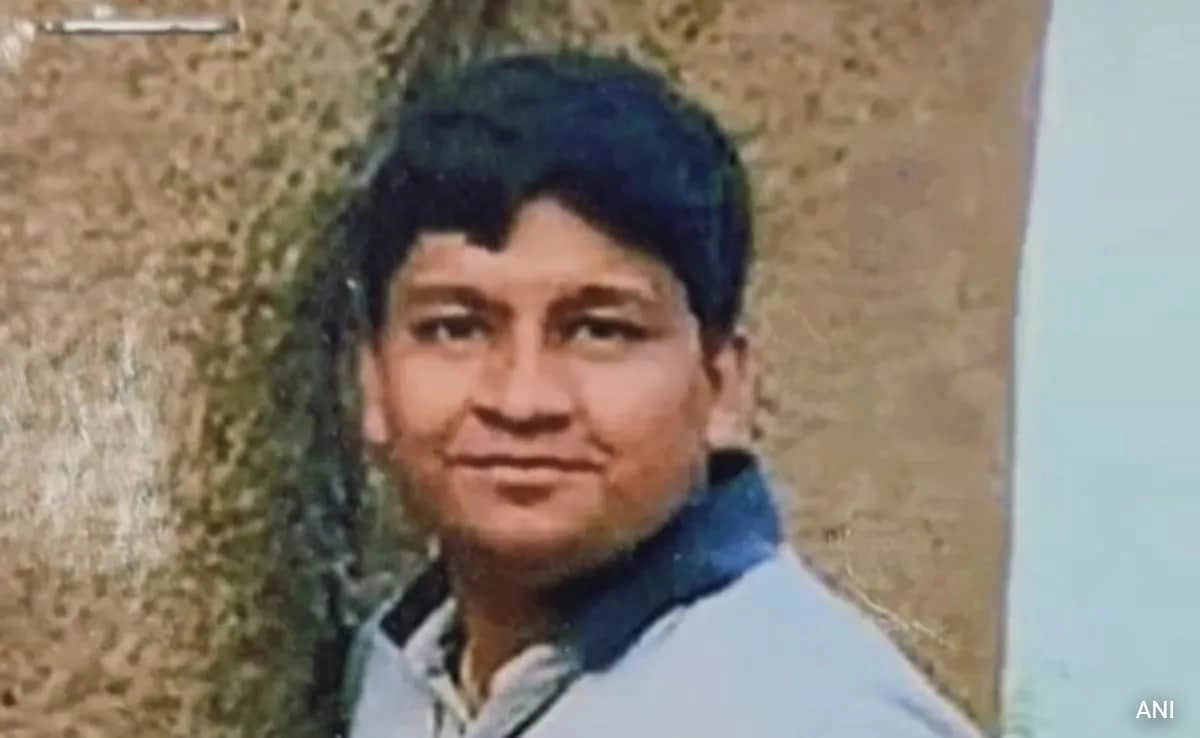Upavan Jain, the principal accused in a multi-crore forgery case, has been extradited back to India from the United Arab Emirates (UAE). His return marks a significant development in an ongoing investigation that has captured the attention of law enforcement agencies due to the scale and complexity of the alleged fraud. Jain’s extradition was made possible through international cooperation between Indian authorities and their counterparts in the UAE, highlighting the growing importance of cross-border collaboration in tackling financial crimes.
The case revolves around a sophisticated scheme in which Jain and his associates are accused of fabricating documents and using them to defraud various entities and individuals out of substantial sums of money. Reports indicate that the total amount involved could reach into the hundreds of crores, making it one of the largest fraud cases in recent memory. The investigation revealed that the network operated with a high degree of organization, employing various deceptive practices to mislead victims and evade detection by authorities.
Upon his arrival in India, Jain was taken into custody by the police, who have stated that they will be conducting thorough interrogations to unravel the full extent of the operation. Legal experts suggest that Jain’s extradition could lead to further revelations about the methods employed in the fraud and the potential involvement of other individuals. This development is particularly significant as it underscores the challenges faced by law enforcement in addressing financial crimes that transcend national borders.
As the case unfolds, it is expected to draw attention to the legal frameworks in place for extradition and the mechanisms available for prosecuting financial crimes across jurisdictions. The implications of this case extend beyond just the individuals involved; it raises critical questions about the regulatory environment and the need for stronger safeguards to prevent similar incidents in the future. The outcome of this high-profile case could serve as a precedent for future actions against financial fraud, both in India and globally.




